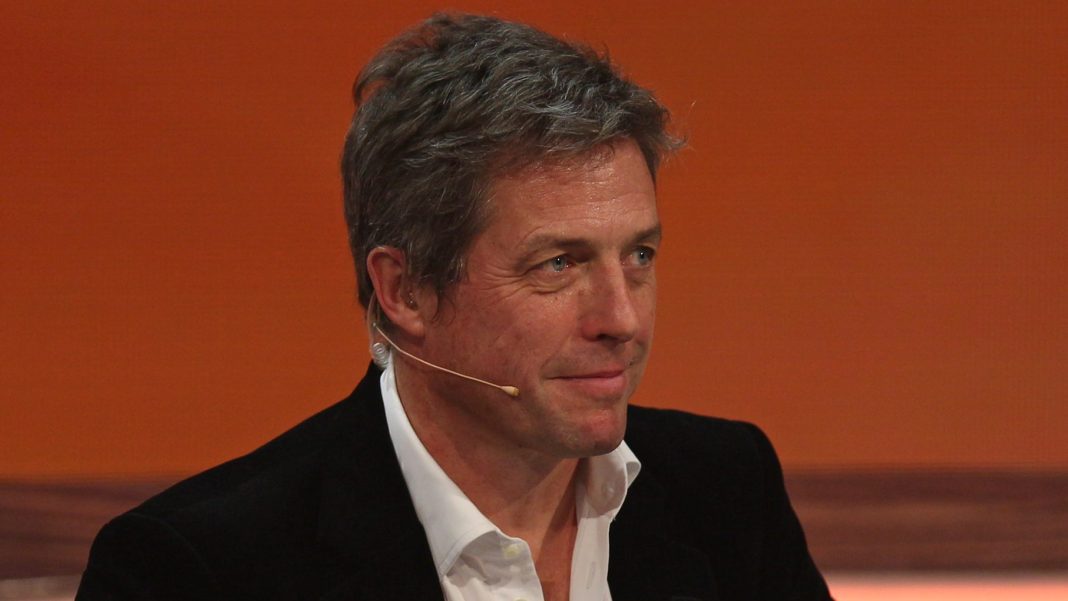I loved theatre at school, and, aged 14, told my parents they had to let me go to drama school. In reply, they suggested I train as a barrister, on the basis that I could still speak in front of people for a decently larger salary. Accepting my place at Oxford therefore made a lot of sense. Multiple people told me that many famous acting faces started their careers in the city of dreaming spires. During my time here, I’ve repeatedly noticed how Oxford students manage to achieve creative excellence alongside intense study – writing, directing, and acting at a near-professional level.
To explain why so many star-studded names began their careers here, one looks to the Oxford University Drama Society (OUDS). It’s the go-to for anyone interested in developing their writing, directing, producing or acting skills, and has an extensive list of student actors going on to make a living in the drama world, largely those who studied English Literature degrees.
One particularly remarkable story is the student film Privilege, starring Hugh Grant, which led to him being contacted by an agent and his first major acting opportunity. His OUDS accolades included Fabian in Twelfth Night and the titular role in a production of Hamlet which dressed its cast in Star Trek outfits. His approach to the complex characters he later took on seems to hark back to his English Literature BA at New College, as The Independent reported in 2016 that “he makes an almost academic study” of the characters he plays. Grant has suggested that he stumbled upon his acting career, but one assumes that the seeds of his life-long commitment were sown during his time with OUDS.
Exeter College alumna Imogen Stubbs also acted alongside Grant in Privilege, and shone as Irina in Chekhov’s the Three Sisters, performed at the Playhouse. In a 2010 interview with The Guardian, Stubbs called this play “the first time I got swept up in the dream of what acting can really be”. That character-defining performance seems to have inspired her time at The Royal Academy of Dramatic Art and prolific stage career.
Rosamund Pike’s life cycled back to her Oxford days when she played Elspeth Catton in Emerald Fennel’s Saltburn. Like the others, she developed her craft via OUDS, for example by directing Simon Chesterman’s original play, Everything Before the But is a Lie, performed at the Burton Taylor in 2000. The website “Daily Info, Oxford” reviewed Pike’s efforts with the statement “Roz Pike has directed it well”. This seems fair, given that Pike has now won an Emmy and a Golden Globe.
Respondents to a survey on the OUDS Facebook portal – used mostly to advertise audition opportunities – told Cherwell that a key reason for OUDS’ reputation as a good starting point towards breaking into the acting industry comes from its access to funding. This allows Oxford to continue connecting actors with agents, such as United and Insight Management, via the London showcase, and take shows to the Edinburgh Fringe, at a time when “going to the Fringe is now almost impossible”.
As an outsider, it seems to me that OUDS has an admirably businesslike structure: pairs of directors and producers must create a joint bank account and sign a contract to access OUDS funding. The venue the duo choose tends to reflect the ambition behind the play: those with more advanced technical and space requirements like last year’s acclaimed Dangerous Liaisons and Into the Woods tend to bid for the Playhouse, while those intending for a more intimate “fringe-style” performance favour the Pilch. This creates a healthily competitive environment.
OUDS’ entirely volunteer-run organisation stands out in comparison to other university drama societies. Cambridge’s, for example, is overseen by a body of professionals. For one survey respondent, the fact that production companies have to find a venue, raise the funding, and market the show with negligible university help means “‘it’s harder to get things on, but it mirrors the reality of the industry at an early stage”.
A second theme of the survey respondents was the prestige Oxford carries for casting directors. One former OUDS president told Cherwell: “very few universities prepare you for the Film and TV industry with such a strong network.” They stressed that breaking into the acting world is still exceptionally hard, and that OUDS producing “even one or two successful actors is significantly against the odds compared to the rest of the UK”. Of course, industry contacts are even more accessible when taking the drama school route, as one respondent pointed out.
Finally, OUDS productions thrive because of how willing the student body is to turn up to watch. The college system means everyone knows someone involved in OUDS, and the buzz around big-budget efforts like Into the Woods is noticeable. Productions that deviate from the norm, like The Goat, also achieve high ticket sales once word gets round. Having spent days debating whether the onstage dead goat was real or just a rumour, it was impossible not to book a ticket.
Incoming freshers who have ambitions for a career in the acting world, or who are interested in acting as part of a friendly, talented community, should take this piece as their sign to join the Facebook portal, and get involved in OUDS.


